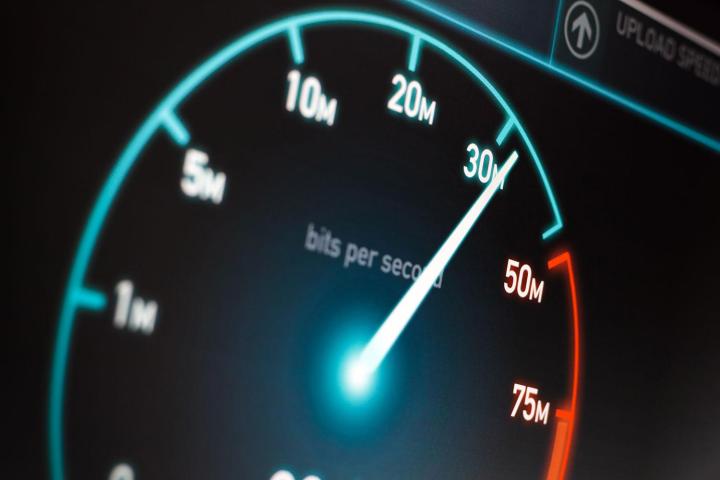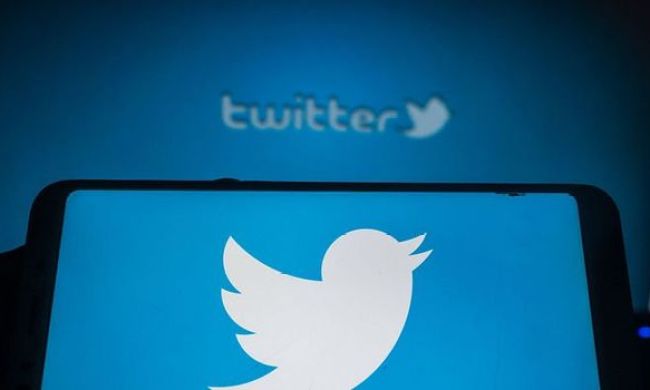
You’re not getting more impatient — it’s just that the Internet is literally getting slower. According to new data from the HTTP Archive, the significant increase in size for the average webpage has contributed to significantly longer loading times, leading to significantly more frustrated consumers. With the average site now 2.1MB (up 100 percent from just three years ago), it is no surprise that the Internet is actually taking more time to deliver its results to you.
As CNN explains, the reasons behind this lag time are generally well-founded. With more websites featuring heavy imagery, videos, and other bells and whistles that we take for granted, there is certainly more data being hosted on the average website as compared to a few years ago. In fact, this imagery takes up about 75 percent of a website’s size, so if you’re looking for a more efficient site, chances are you’re also looking for a less aesthetically pleasing one.
Moreover, websites’ penchants for tracking visitor data and carefully monitoring their viewer activity is also adding to their load time, which, ironically, may be driving traffic away rather than toward them. But with the recent shift towards mobile, many companies are also spending serious resources on making their sites responsive, which sometimes requires additional code, and as a result, longer wait times for loading.
Craig Adams, VP of Web experience products at Akamai, told CNN, “The shift from desktop to mobile requests and consumption have had the biggest impact on website performance.” And with the added emphasis on security (what with the concern that all these sites are tracking cookies and other data and all), encryption is also adding yet another layer of complexity to the mix, only making matters (and speeds) worse.
So yes, the Internet is actually getting slower. But it’s all with your best interests at heart.


